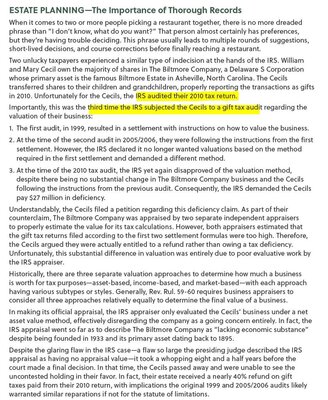123insure1900
Expert
- 48
Would appreciate any help.
The situation is as follows:
Parents want to take out an indexed UL on their 15 year old son. They want to following setup.
Mother to be 50% joint owner of indexed UL
Father to be 50% joint owner of indexed UL
At some later date, when juvenile is older (at least 18+), mother and father to transfer 100% ownership interest to adult child.
For now, mother to be listed as 100% primary beneficiary and father to be listed as contingent beneficiary. Whenever adult child gets married, a change of beneficiary will likely be made and spouse will become 100% primary beneficiary.
This is the structure of how these clients would like to set up the policy.
Would this setup, now or in the future, violate the Goodman Rule? Parents have no interest in any sort of trust.
If this now or in the future would potentially violate the Goodman rule, would listing both parents as co-owners and 50%/50% beneficiaries prevent Goodman rule issues or would Goodman rule still apply? Would listing only the mother as owner and mother as primary beneficiary be a better route to go or would the Goodman rule still somehow apply? What would be the ideal setup?
Clients have networth of approximately 2 million and mother is 40 and father is 46.
The situation is as follows:
Parents want to take out an indexed UL on their 15 year old son. They want to following setup.
Mother to be 50% joint owner of indexed UL
Father to be 50% joint owner of indexed UL
At some later date, when juvenile is older (at least 18+), mother and father to transfer 100% ownership interest to adult child.
For now, mother to be listed as 100% primary beneficiary and father to be listed as contingent beneficiary. Whenever adult child gets married, a change of beneficiary will likely be made and spouse will become 100% primary beneficiary.
This is the structure of how these clients would like to set up the policy.
Would this setup, now or in the future, violate the Goodman Rule? Parents have no interest in any sort of trust.
If this now or in the future would potentially violate the Goodman rule, would listing both parents as co-owners and 50%/50% beneficiaries prevent Goodman rule issues or would Goodman rule still apply? Would listing only the mother as owner and mother as primary beneficiary be a better route to go or would the Goodman rule still somehow apply? What would be the ideal setup?
Clients have networth of approximately 2 million and mother is 40 and father is 46.

